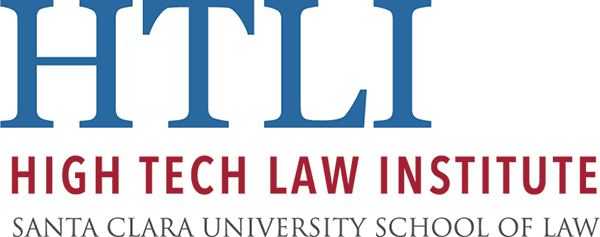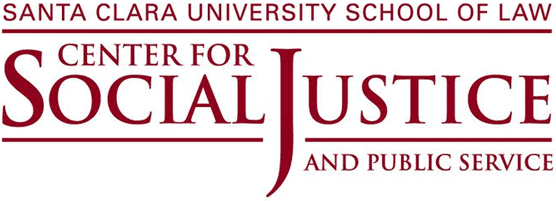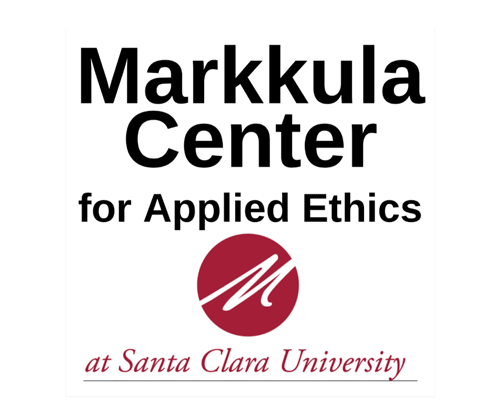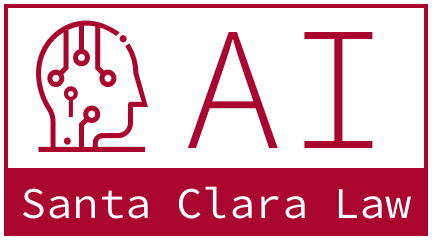This event is part of the “Artificial Intelligence for Social Impact and Equity” series, a set of conversations about how artificial intelligence and the algorithms around us are making our society more or less fair and prosperous and how we can harness AI for the greatest positive social impact.
The series is curated by Colleen Chien (@colleen_chien)(Law) and Irina Raicu (MCAE) (@IEthics), co-sponsored by the High Tech Law Institute and the Markkula Center for Applied Ethics
Co-sponsored by the Paper Prisons Initiative Team, the High Tech Law Institute, the Center for Social Justice and Public Service, and the Artificial Intelligence Student Association
 |
 |
 |
 |
| Colleen Chien | Eli Edwards | Navid Shaghaghi | William Sundstrom |
In an era of economic hardship brought about by a once-in-a-century pandemic, the need for an equal opportunity to pursue a living wage has never been more pressing. Yet for many of the 80 million people, or 1 in 3 adults, that live with a criminal record – including those that have only been accused, but never convicted of a crime – job, housing, and other opportunities are often more limited. Ban-the-Box, fair chance, and expungement policies aim to give those with records a true second chance. But while expunging one’s record, which seals from the public record of qualifying records, the research suggests, leads to positive economic outcomes, research by Colleen Chien (Professor of Law) suggests that millions of Americans haven’t received the expungements they qualify for, placing them in the second chance gap, the difference between eligibility and receipt of one’s second chance. To close the gap, and release the millions of Americans trapped in a paper prison long after they have served their time, Chien is leading the Paper Prisons initiative – a team of data scientists, lawyers, social scientists and students – to document the extent of the second chance gap in records expungement and to conduct research about how to ameliorate the impact of criminal records on economic and dignitary outcomes. Join Chien and members of the initiative as they discuss their work, the use of algorithms to automate second chances, the challenge of statistical discrimination, and the impact of criminal records on hiring. Members of the Paper Prisons initiative, including Bill Sundstrom (Professor of Economics), Eli Edwards (Emerging Technologies Research Librarian), Navid Shaghaghi (Lecturer of Mathematics and Engineering), Ellen Kreitzberg (Professor of Law), Charles Duggan JD ’19, Evan Hastings JD ’19, Hithesh Bithala MSBA ’21, Jerry Huang Masters CS ’21, and Alexandra George Poli Sci BA ’21 will join Chien to talk about their work.
The discussion will be moderated by Irina Raicu, director of the Internet Ethics program at the Markkula Center for Applied Ethics, which is a member of the Partnership on AI.
 |
 |
 |
 |
